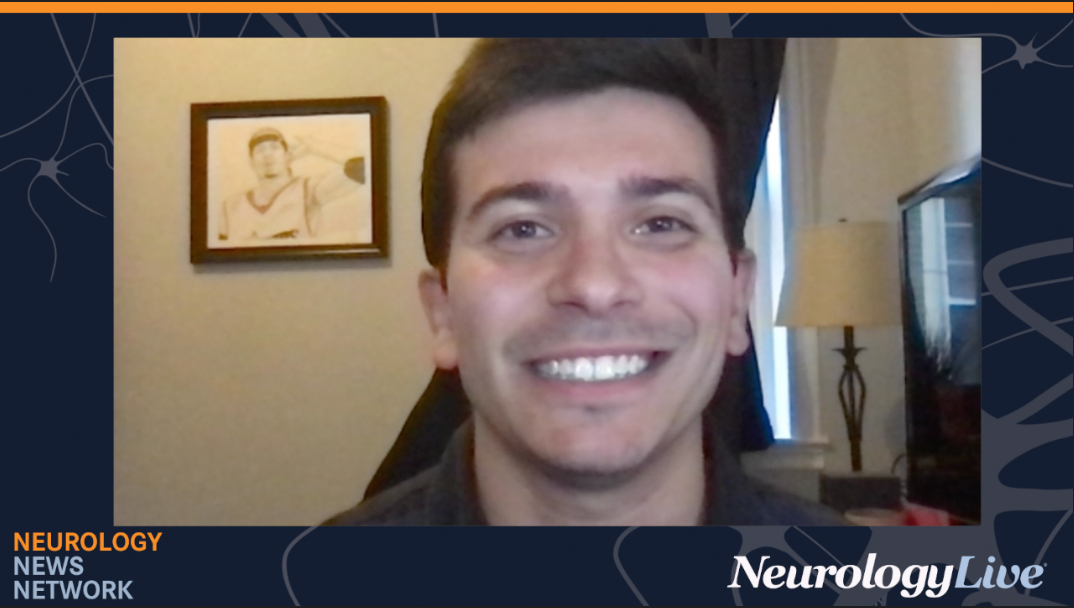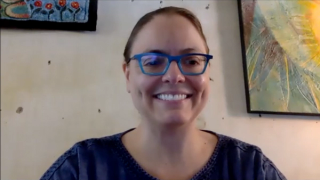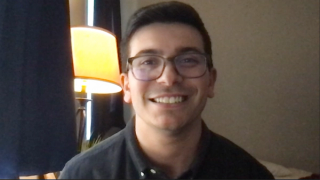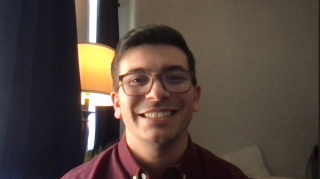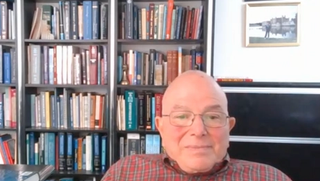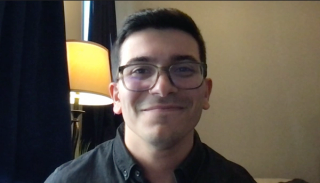
Headache and Migraine
Latest News
Latest Videos

CME Content
More News

Here's what is coming soon to NeurologyLive®.

Test your neurology knowledge with NeurologyLive®'s weekly quiz series, featuring questions on a variety of clinical and historical neurology topics. This week's topic is movement and related disorders.

On average, those with cluster headache had 4.8 cranial autonomic symptoms compared with 2.7 for those with migraine, regardless of aura status.
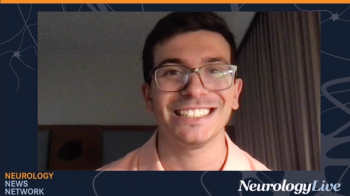
Neurology News Network for the week ending June 18, 2022. [WATCH TIME: 3 minutes]

Take 5 minutes to catch up on NeurologyLive®'s highlights from the week ending June 17, 2022.
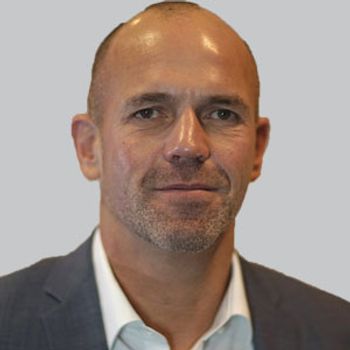
Over a 24-week treatment period, 72.2% of those on erenumab achieved relevant improvement on HIT-6 scores compared with 53.9% of those on topiramate.
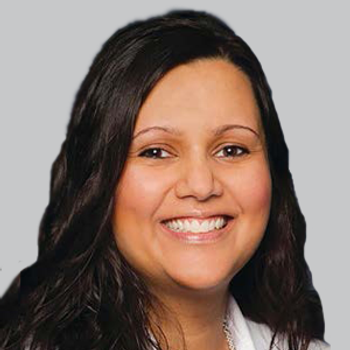
Although new treatments and innovations are a sign of growth in migraine care, it is important to realize that growth comes with a certain amount of pain. In clinical practice, choosing the right treatment option for patients in a time-limited visit is often a dilemma.

The oral tablet formulation of rofecoxib has been shown to reach maximum plasma concentrations at 2 hours post dose compared with 3 for the historical formulation, which the company believes can improve the time to onset of action.
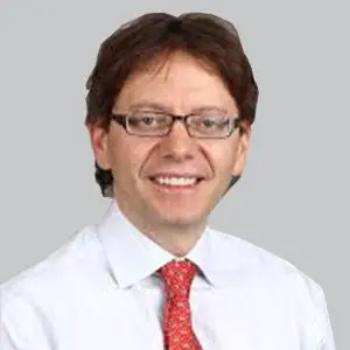
In the open-label extension where the highest dose of atogepant (Qulipta; AbbVie) was observed, 24.1% of participants had at least 7% weight loss compared with 14.7% of those on standard of care.
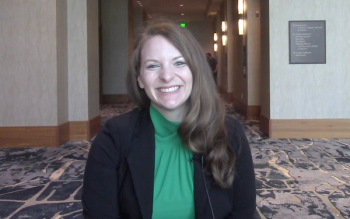
The MD-PhD student at Wake Forest School of Medicine shared her perspective on the findings of a study suggesting that mindfulness practices can alter pain perception and migraine attack awareness, among other results. [WATCH TIME: 4 minutes]

A systematic review and meta-analysis suggested that the risk of anxiety and depressive symptoms was nearly doubled for those with migraine compared with healthy controls, indicating a need to screen this patient population.
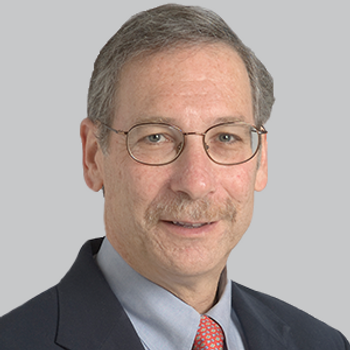
The most common adverse events reported by individuals using the dihydroergotamine nasal powder were nasal discomfort, dysgeusia, and nasal congestion, all of which were mild and transient in nature.

Secondary outcomes, assessed by the change in the number of monthly headache days by at least 25%, 75%, or 100%, were also not significant following treatment with CGRP monoclonal antibodies.
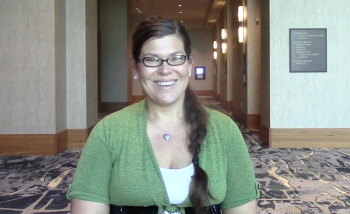
The assistant professor of pharmacology at the University of Arizona College of Medicine Tucson shared her insight into the endocannabinoid system and its therapeutic potential in treating migraine. [WATCH TIME: 5 minutes]

Here's what is coming soon to NeurologyLive®.
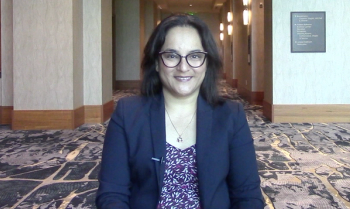
The associate professor of psychiatry at the University of Illinois at Chicago shared the findings of her and colleagues’ work that suggest that distinct cytoarchitectural changes occur in the brain that may underlie migraine chronification. [WATCH TIME: 4 minutes]

Data from a cohort of almost 5000 women seen at Montefiore Health System emergency departments suggest that primary headache, likely migraine, is underdiagnosed, and a high proportion of these women being of Black and Hispanic backgrounds.
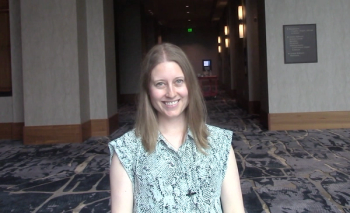
The pediatric neurologist and headache specialist at the University of Calgary discussed the work she presented at AHS 2022 on the incidence of anxiety and depressive disorders in the pediatric migraine population. [WATCH TIME: 6 minutes]

Test your neurology knowledge with NeurologyLive®'s weekly quiz series, featuring questions on a variety of clinical and historical neurology topics. This week's topic is the history of the American Headache Society.

Data from a study in Olmsted County, Minnesota, identified the incidence rate of status migrainosus to be 26.60 per 100,000, with more than 10% of the cohort reporting that too much or too little sleep triggered the condition.
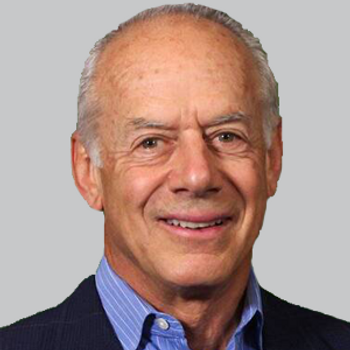
The percent change in monthly migraine days across weeks 1 to 12 and scores on Headache Impact Test were precursors to suboptimal response to eptinezumab, prompting the need for a second dose.

At 2- and 4-hours post dose, return to normal function was achieved by 30.1% and 52.1% of participants for their first 10 ubrogepant-treated attacks.
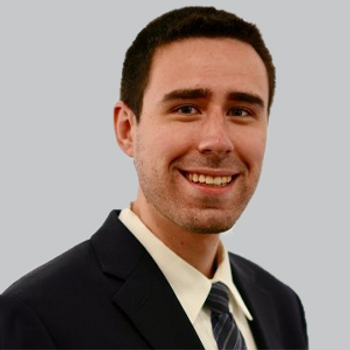
Headache frequency remained the top driver of higher disability scores, but opposing to prior findings, school versus summer was not a significant predictor of disability, suggesting that pandemic schooling changes affected coping abilities to cause less disability.

Take 5 minutes to catch up on NeurologyLive®'s highlights from the week ending June 10, 2022.

The director of the Montefiore Headache Center spoke about the Migraine Clinical Outcome Assessment System project and the need for better patient-reported outcome measures in migraine clinical care.


